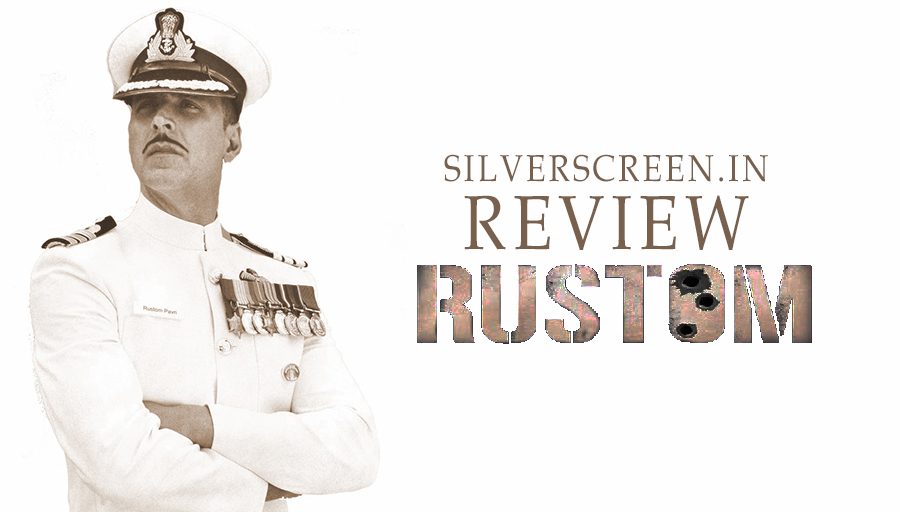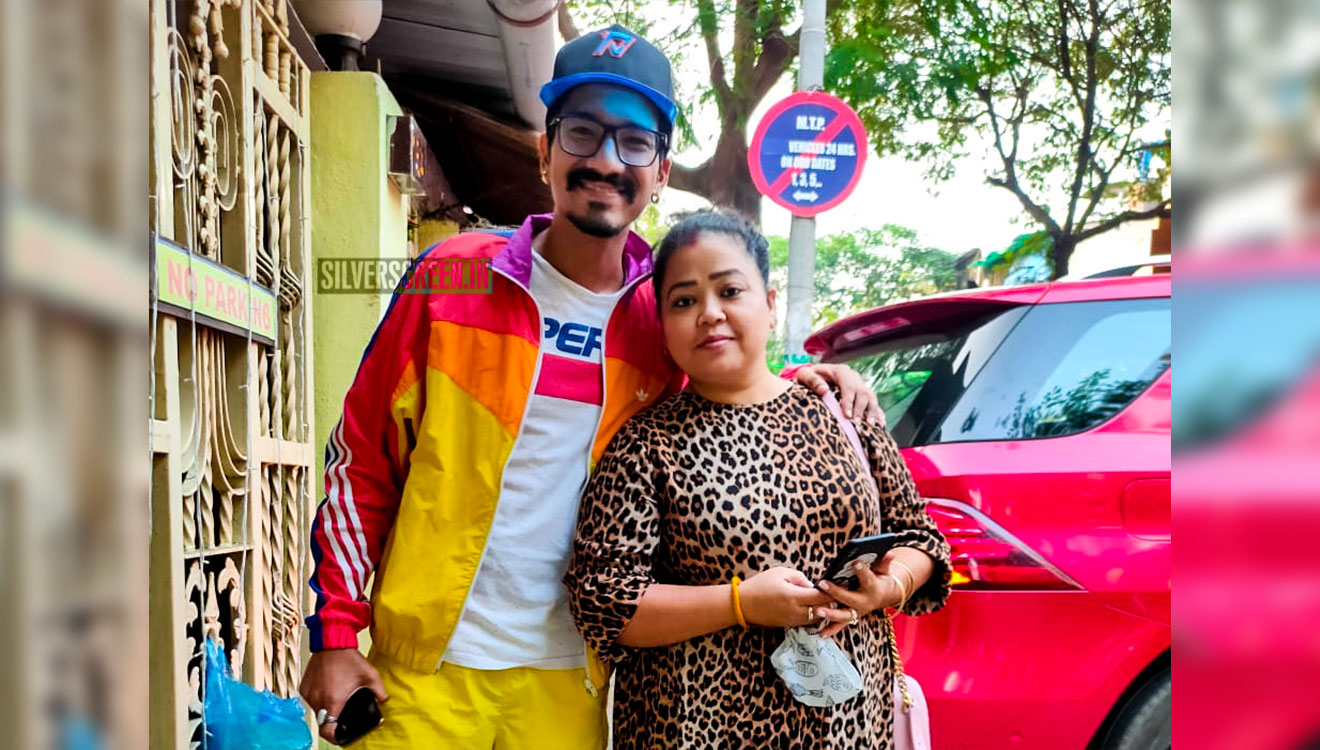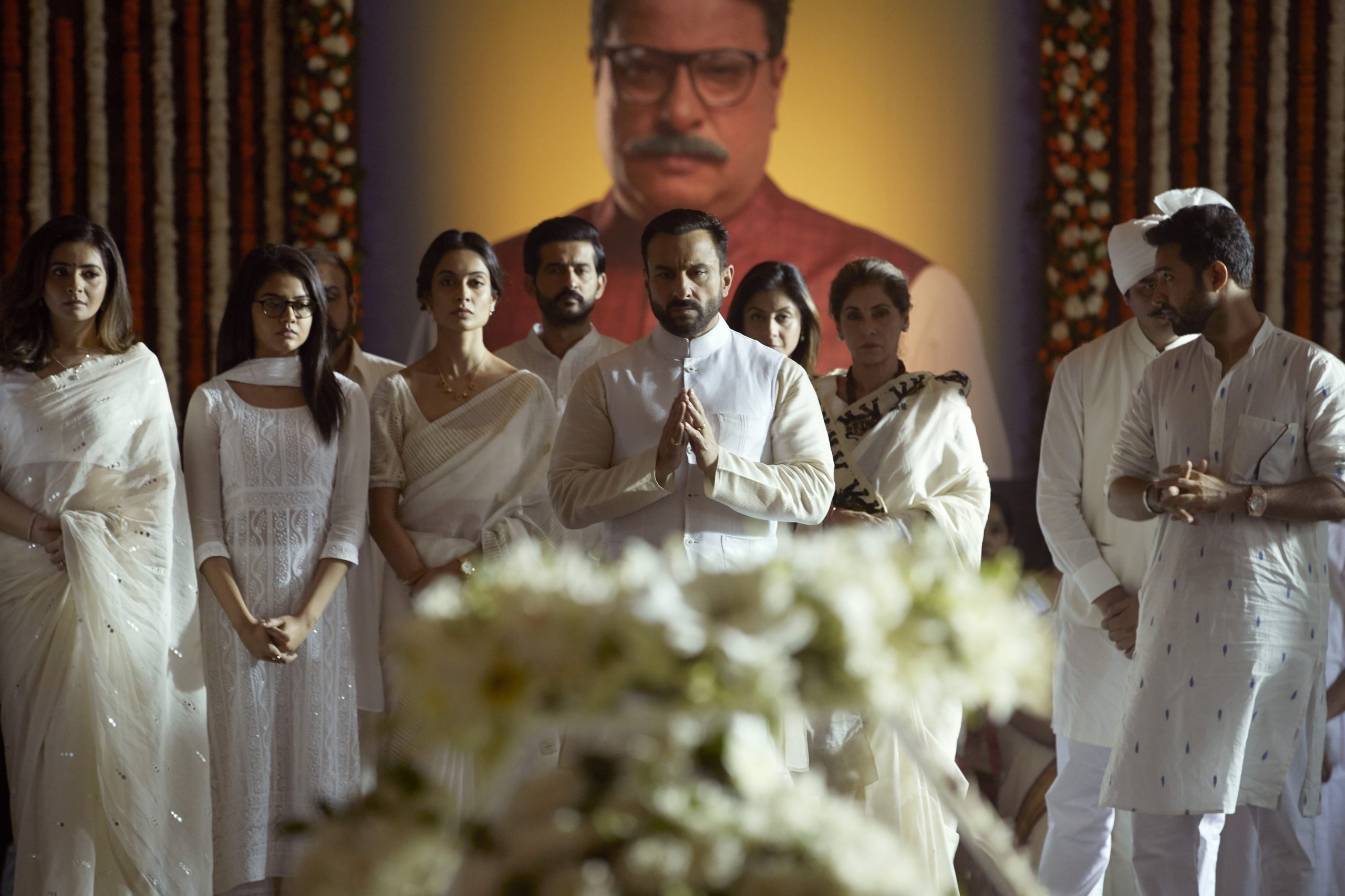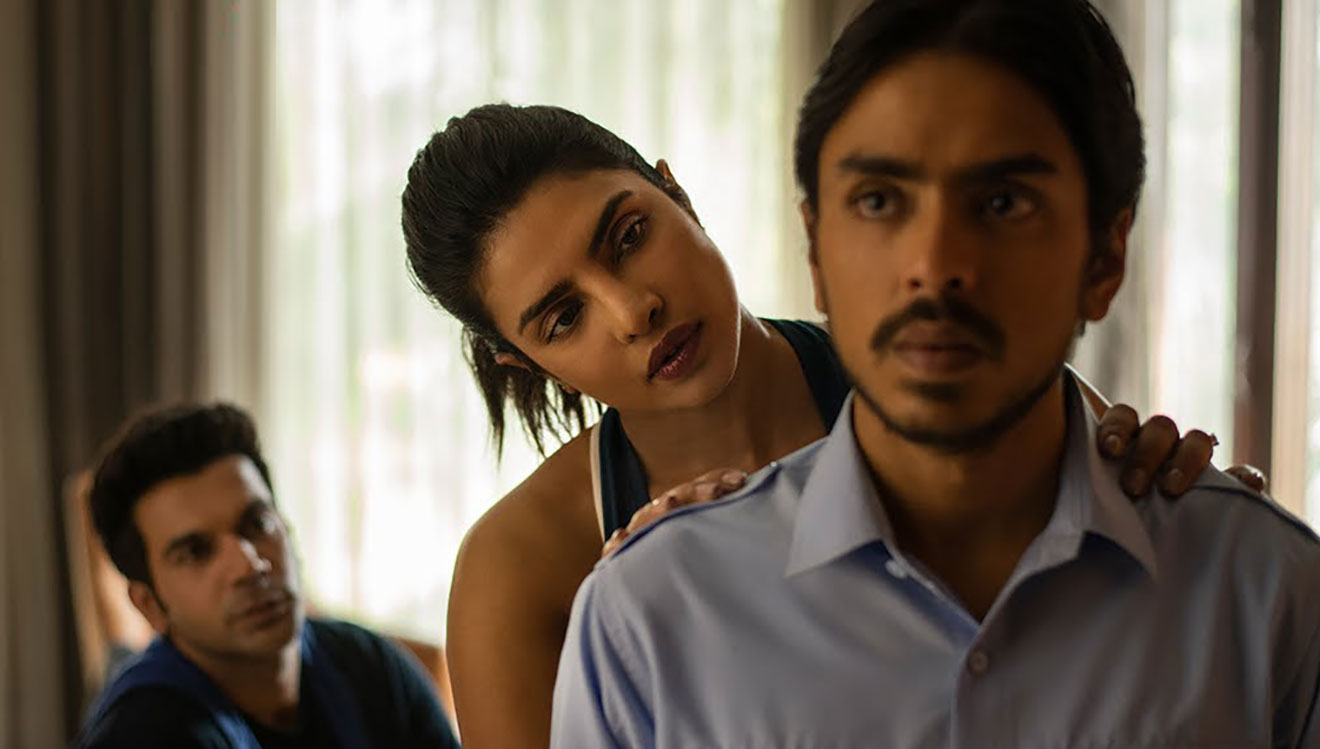Akshay Kumar’s Rustom is a movie that takes the latter half of ‘courtroom drama’ too seriously. From the actors’ performance to the background score and choice of camera angle, everything about Rustom reminds one of a tacky, amateur stage play. Every emotion is exaggerated, every scene looks carelessly staged, and characters are caricatures.
Loosely based on the famous Nanavati case of 1959, Rustom is about a high-profile navy officer, Rustom Pavri (Akshay Kumar) who, one morning, surrenders before the police for murdering Vikram Makhija, his wife’s lover, using a pistol he withdrew from the Naval Base. Rustom’s wife, Cynthia (Ileana D’Cruz), is writhing in guilt. Vikram’s sister, Preity Makhija, is determined to fetch Rustom a death sentence. The Sindhi community in Bombay backs Preity and the prosecution, while a popular evening newspaper starts a campaign in favour of Rustom.
*****
In one of the scenes in the first half of the film, police inspector Lobo (Pawan Malhotra) is questioning his subordinates on their whereabouts of the previous night. Lobo’s expressions might remind one of what Joey Tribbiani of the popular NBC sitcom, Friends, calls ‘smell-the-fart acting’ (an expression of thoughtfulness that an actor puts on when he forgets his lines). The actors playing the subordinates are visibly confused about the genre of the movie they are in. Together, they make an unintended funny scene out of a serious situation.
This scene is a clue to what ensues in the rest of the film.
*****
An important character – an editor of a popular evening newspaper – is introduced by showing him laughing hysterically when an informer telephones him about Makhija’s murder. He looks at the front pages of various newspaper editions he has framed and hung on the wall and starts talking to himself. “Last time when a train accident happened and 100 people were killed, a record number of copies of the paper were sold”, he says and laughs again, as if he is performing an act for an invisible audience.
In the court trial sequence in the second half of the movie, there are recurring high-angle shots of an enthusiastic crowd, consisting of mostly women who are dressed up to sing and dance in a colourful retro number. They are seen marching towards the court every morning, bearing placards saying, “I love you, Rustom”, “Marry Me, Rustom”, “I want to have your baby, Rustom”, “You did the right thing, Rustom”, among others.
In an equally baffling scene, Cynthia, in perfect make-up and dress, is seen cat-walking into a private office of Rustom’s senior officer, whose goons had ambushed her house on the morning of the same day. Nothing in Cynthia’s behaviour or body-language suggests that she is going through the worst days of her life. Not even in her perfectly happy past did she display the kind of confidence as she does in this scene.
Even funnier is Esha Gupta’s character, Preity Makhija. A socialite who wears bright lipstick and thick make-up, to her brother’s murder scene, Esha Gupta evokes (unintended) laughter in every scene she is in. Look at her face when Rustom’s questions her in the courtroom. “Did you know about your brother’s affair with Cynthia?” Rustom asks her, and she replies with a vampish expression, “Yes. They used to meet. In public and in private.” She mouths those words as if she is visualising the couple’s private moments.
*****
The Nanavati case is regarded as a landmark one in the history of Indian judiciary because it led to the elimination of the jury trial. Barring that, there is nothing complex in the case which is prima facie, an ‘open and shut’ murder case.
Director Tinu Suresh Desai and writer Vipul K Rawal make a messy mountain out of a molehill of a plot. In the entire court trial sequence, the attention is repeatedly dragged to Rustom’s prim manliness and chivalry. The flashback sequence that details their happy marriage falls flat as staring into each other’s eyes and swaying to a romantic song, is all Rustom and Cynthia seem to have in their happy memories.
*****
Recommended
In the Nanavati case, it’s known that the officer’s wife fell in love with his friend, and they even considered getting married. In Rustom, Cynthia is an ideal wife whose affair with Makhija is an accident she regrets. This deviation from the original story – while robbing Cynthia of her agency – is for a ‘social message’ against divorces, apparently. Akshay Kumar has said in the movie’s promos that Rustom would bring down the number of divorces in the country!
*****
Adding a tint of Airlift-like patriotism to the plot, is a sub-plot that involves Rustom’s stand against a corruption case involving a high-ranking official – before he is distracted by more personal things. “Rustom wouldn’t do anything against the interest of the nation” becomes the bottom-line of the movie which started off somewhere around “I killed my wife’s lover”. Rustom is another gaudy tale of patriotism and morals, with characters as thin as paper.



